BiCCEP
The British Congenital Cardiac Electrophysiology Group
Working together to further our understanding in the field of congenital heart disease arrhythmia
BiCCEP is a coming together of electrophysiologists, specialising in heart rhythm disturbances in adults with congenital heart disease.
Sharing research & case studies
Expanding our knowledge base through proactive collaboration
Improving services & patient outcomes
We are affiliated with the British Heart Rhythm Society (BHRS)
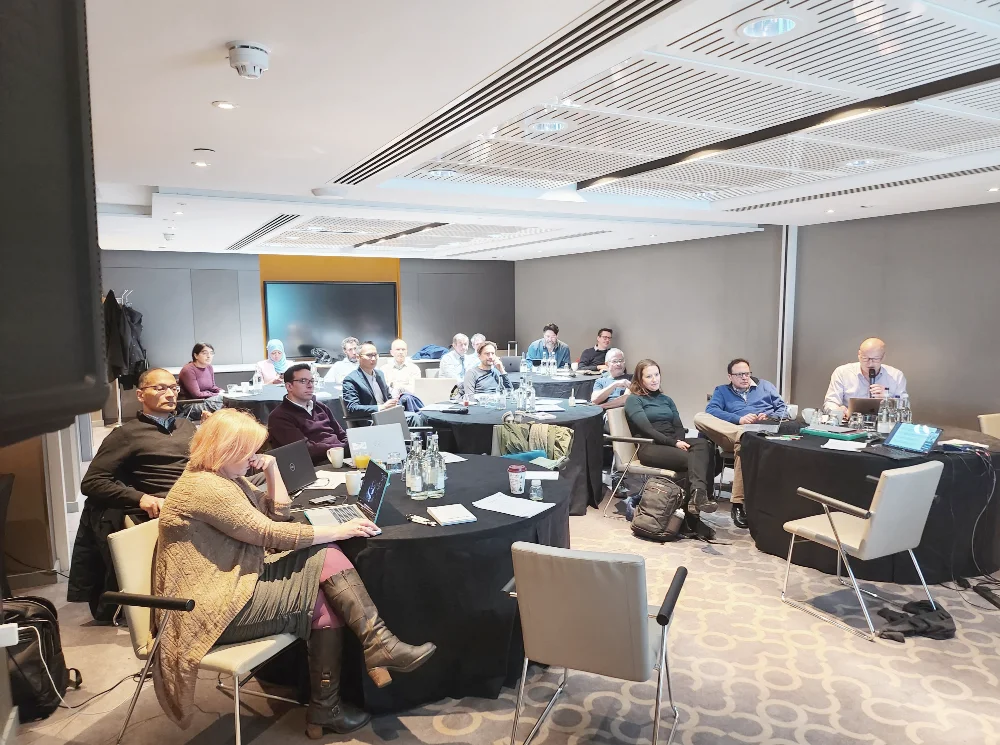
Our goal
At BiCCEP, our aim is to inform good practice and best care in the field of congenital heart disease arrhythmia in the UK.
We have a shared interest in improving the arrhythmia care of adults with congenital heart conditions. These patients may have complex anatomy, physiology and rhythm disturbances, and differ from non-congenital patients.
Each patient is unique but there may be shared characteristics within conditions, and by sharing our expertise, we are able to learn from each other about cases which we may each only see a handful of times a year.
Our combined knowledge, expertise and experience can benefit both patients and clinicians in this field.
How we came about
The group began as an exchange of contact information and an informal meeting at HRC in 2018. Recognising the value of combining our shared expertise in the field of congential heart disease, our first educational meeting was held in London in January 2019, and attended by 22 consultant electrophysiologists from across the UK.
Feedback was universally positive, and it was agreed to continue meeting on an annual basis, and officially form as BiCCEP.
We now meet quarterly via Teams, with an annual in-person educational meeting each Autumn.
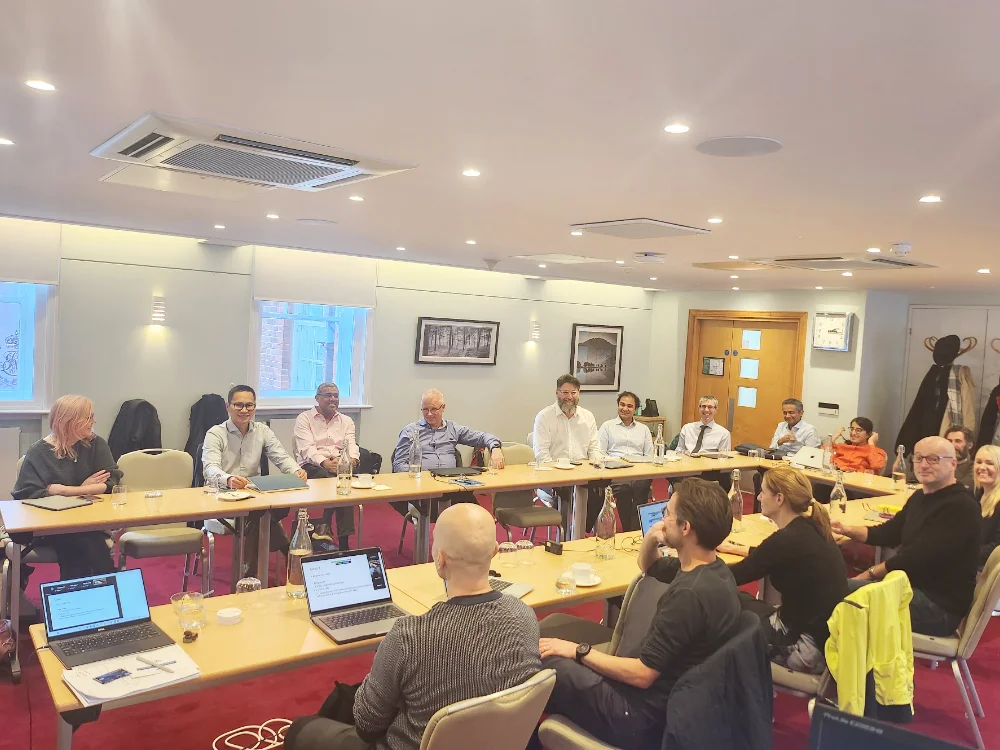
Any electrophysiologist caring for patients with congenital heart disease is welcome to join the group. Sub-speciality trainees or cardiac physiologists may also be eligible to attend meetings.
Our Meetings
BiCCEP group meetings offer an open forum and access to colleagues with transferable skills and experience.
Online
We run quarterly Teams meetings to discuss complex cases where a multi-consultant discussion may be helpful to guide management.
In Person
We have an in-person annual educational meeting in the late autumn, which has run successfully every year (except once) since 2019.
The format of the meetings is that we work together to develop and provide guidance, through a review of the published literature, as well as discussing our shared experience. The group recognises that the heterogeneous nature and smaller volume of the congenital heart disease arrhythmia population, necessitates a high degree of collaboration, cooperation and knowledge-sharing in order to achieve the best results for our patients.
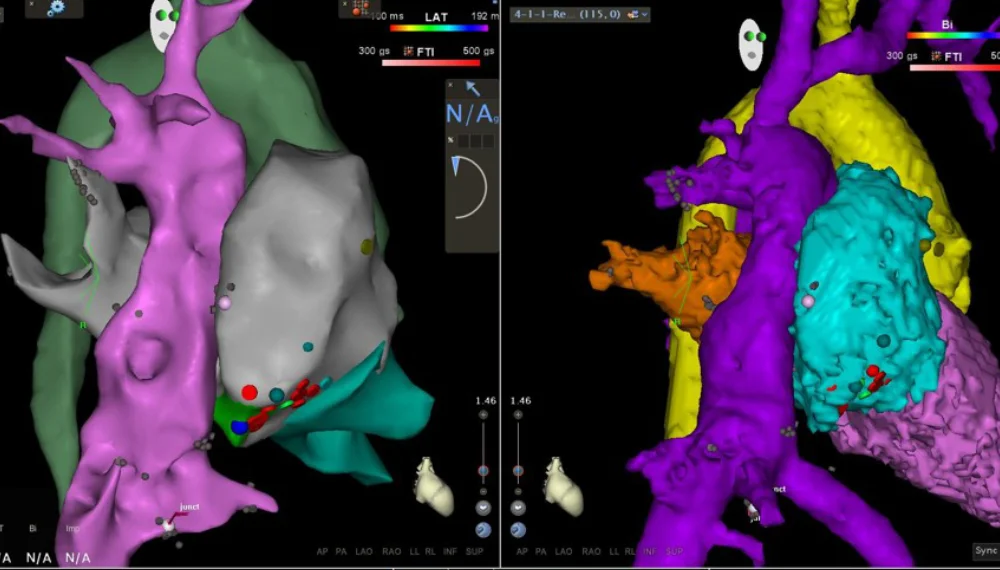
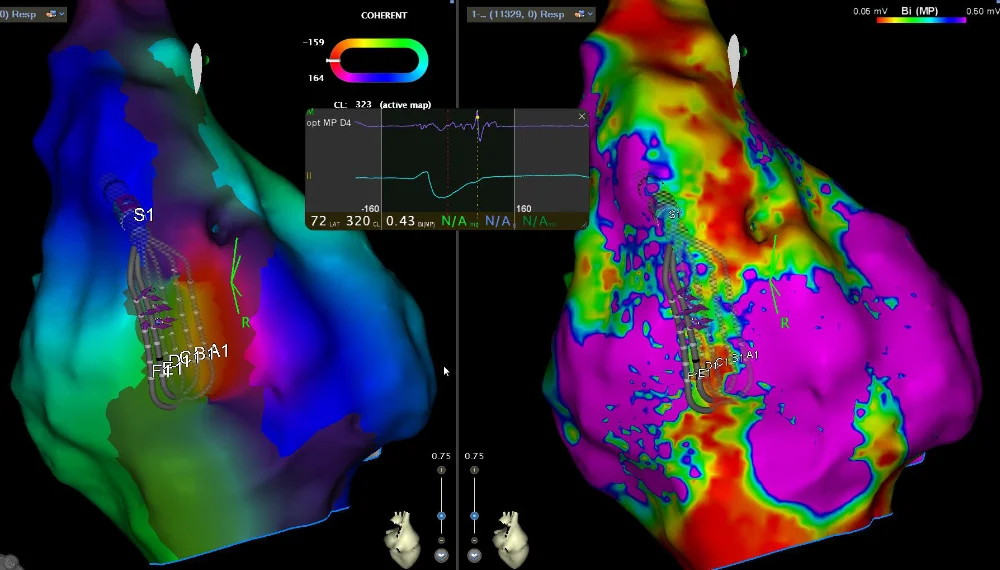
What We Are Working Towards
Research
We are working to pool resources through the creation of a national registry of research projects, case studies and datasets related to congenital heart disease arrhythmia.
Guidelines & Guidance
We are responsible for writing the BHRS document on rhythm management in patients with congenital heart disease, and establishing standards of care for catheter ablation and device implantation.
Improving Services & Patient Outcomes
At the very heart of what we do is our deep desire to improve patient outcomes, with best-of-care service provision within the UK health care system.
Going forwards, we hope to collaborate more closely with both European and North American colleagues, to benefit to the full extent by sharing our expertise and experience.
About congenital heart disease arrhythmia
The number of surviving adults with congenital heart disease is increasing, and arrhythmia is one of the main causes of morbidity. Consequently the field of congenital heart disease arrhythmia is growing.
Management of arrhythmia in patients with congenital heart disease varies considerably across the UK – for a variety of reasons including geographical location, the network care level of the congenital heart disease centre, and access to appropriately experienced electrophysiologists and facilities.
Through our organisation, there are many opportunities for learning, shared-care and service development across the secondary, tertiary and quaternary platforms (level 2 and 3 centres).
The development of a cohesive congenital EP network is beneficial for patients and clinicians.
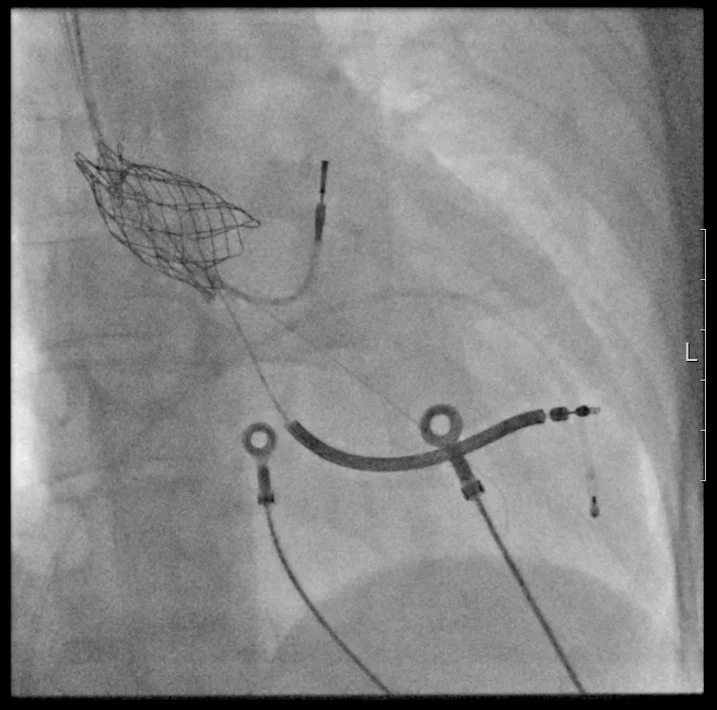
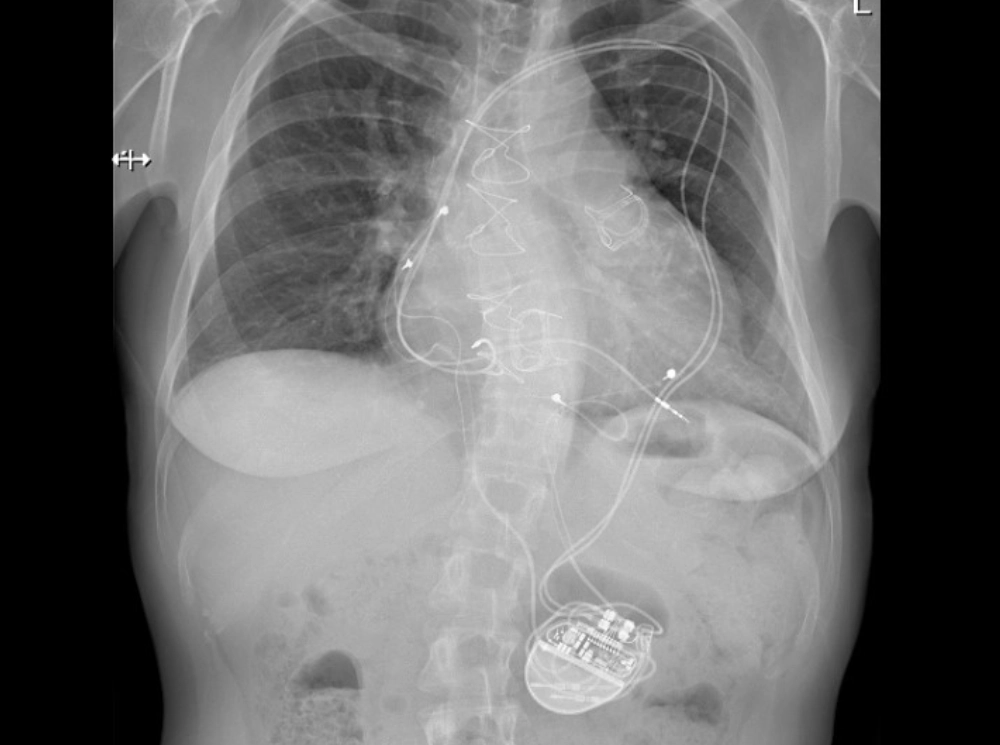
Working in partnership
Through BiCCEP, we can form links with both each other and other colleagues internationally.
Many of the group sit on BHRS council and have been responsible for the writing of the BHRS congenital arrhythmia guidelines.
We are affiliated to the British Heart Rhythm Society (BHRS).
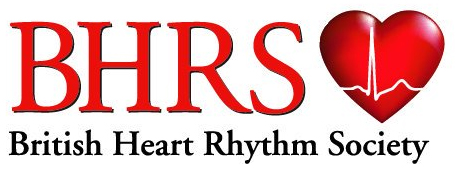
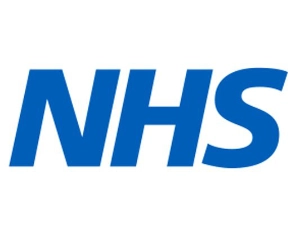
Specialist Centres
Golden Jubilee University National Hospital, Glasgow
Freeman Hospital, Newcastle
Liverpool Heart and Chest Hospital, Liverpool
The Leeds Teaching Hospitals, Leeds
Queen Elizabeth Hospital, Birmingham
Oxford University Hospitals, Oxford
Royal Papworth Hospital, Cambridge
Bristol Heart Institute, Bristol
Barts Heart Centre, London
Royal Brompton, London
St Thomas’ Hospital, London
University Hospital Southampton, Southampton
Regional contacts
Scotland:
- Dr Gareth Padfield (Glasgow): wendy.quinn@gjnh.scot.nhs.uk
North West:
- Dr Reza Ashrafi (Liverpool): achdpas@lhch.nhs.uk
- Dr Johan Waktare (Liverpool): andrea.chantler@lhch.nhs.uk
North Central:
- Dr Dominic Hares (Leeds)
North East:
- Dr Ruairidh Martin, Neil Seller, Jayant Kakarla (Newcastle): nicole.cawood@nhs.net
Midlands:
- Dr Joe de Bono (Birmingham)
- Drs Kim Rajappan & Matt Ginks (Oxford): holli.wells@ouh.nhs.uk
East England:
- Dr Claire Martin (Cambridge): Papworth.clairemartinsecretary@nhs.net
West England:
- Dr Ashley Nisbet & Dr Ihab Diab (Bristol): ep.iccnurseadults@uhbw.nhs.uk
London:
- Drs Vivienne Ezzat, Martin Lowe, Filip Zemrak, Vinit Sawhney & Ms Holly Daw (Barts): bartshealth.gucharrhythmia@nhs.net
- Prof Mark O’Neill, Prof Eric Rosenthal & Dr Will Regan (St Thomas’ and Evelina)
- Profs Sabine Ernst and Tom Wong (Royal Brompton)
South Coast:
- Dr Arthur Yue (Southampton): epadmin@uhs.nhs.uk
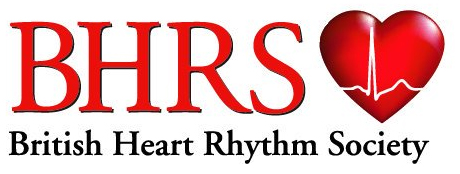
BiCCEP was formed in 2019, and is affiliated with the British Heart Rhythm Society (BHRS).
The Group is funded by the Heartbeat Foundation Trust for Cardiac Disease, registered charity number 1194824.
BiCCEP is a not-for-profit organisation comprised solely of volunteers.
